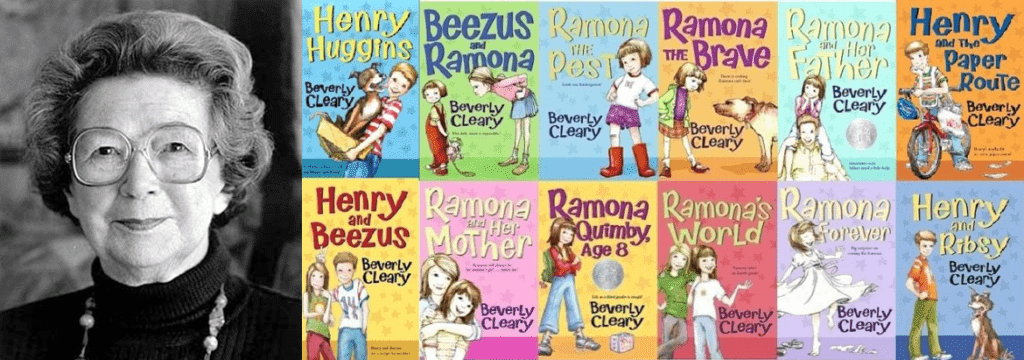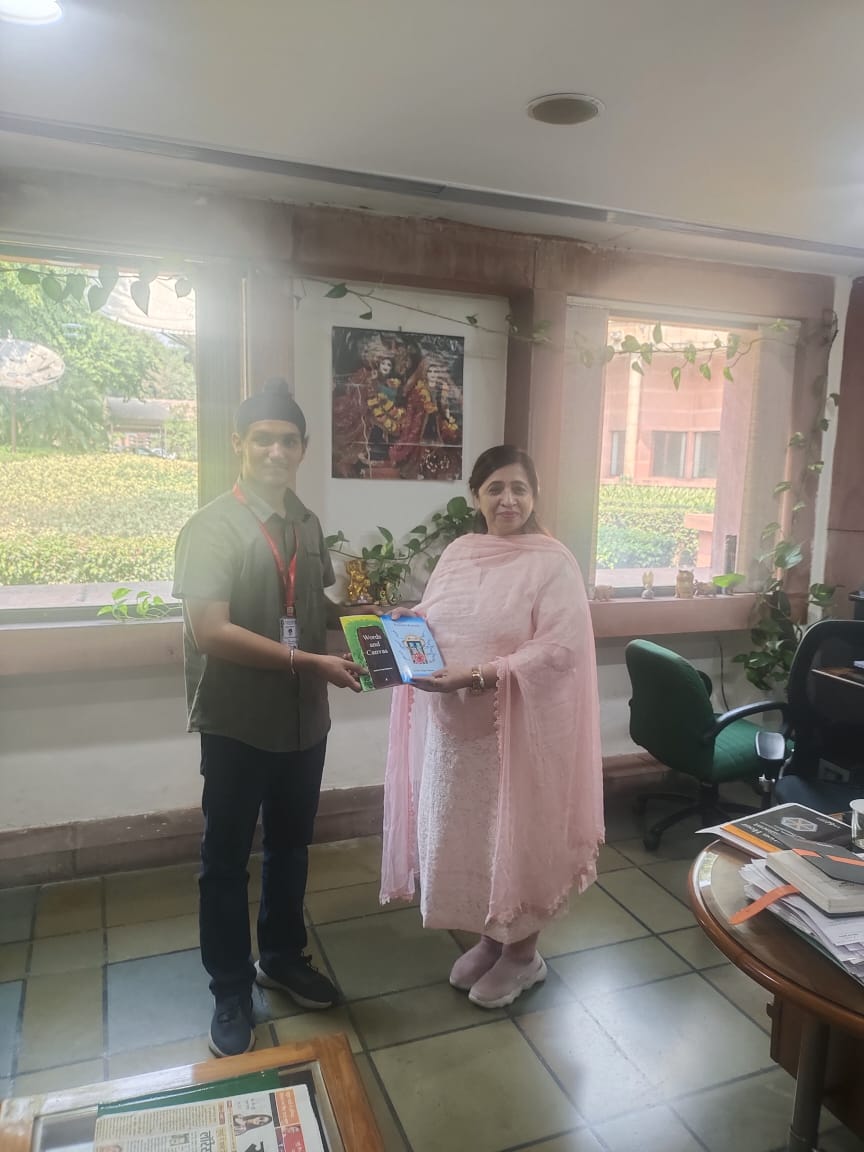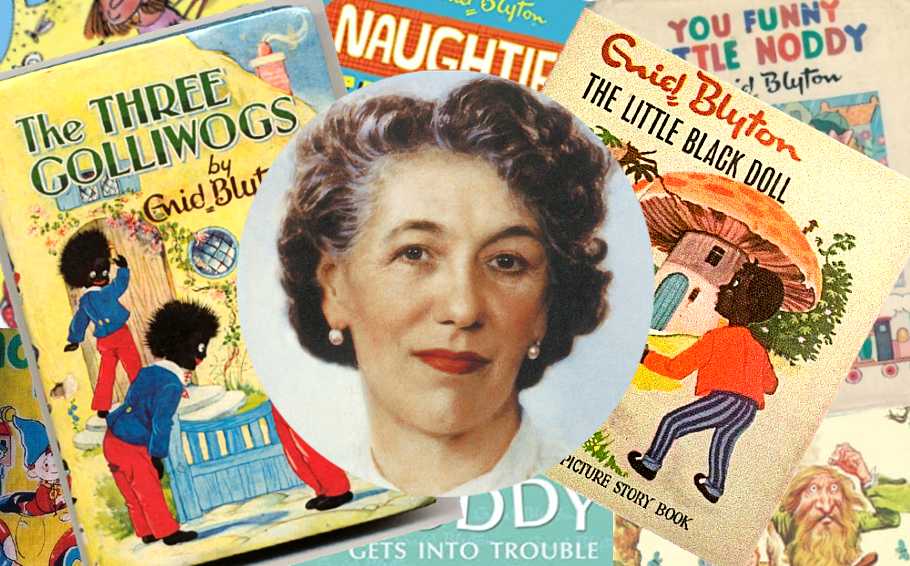A child’s laughter lights up the entire house. In majority of the Indian homes, the life of parents, grandparents and the extended family revolves around the routine of the children. Outings, picnics, parties even the home-workplace balance is decided according to the routine of the children of the family. Movies often show parents entering their homes into the welcoming hugs of the children. The parents are shown as fresh, even though they are coming from their workplaces. Their faces light up, seeing their children running into the open arms of the parents. The soft music or the lovely Jingle, pleasant to the ears, makes it look like a very pleasant reality. We all wish that this would be the reality but there’s a lot of difference between reality and the reel life. Having children is a dream come true. But believe me, parenting is tough, rather, parenting has always been very tough.
Look back into your childhood and you will realise that, we, adults who are now parents to teenagers, were very difficult with our own parents. Remember the tantrums which we threw over new clothes or the latest sound system? Our parents dealt with all our whims and fancies with elan and patience. There were not many electronics gadgets in those times but we argued over outings with friends and over the landline phone and the restricted calling time to friends. Issues were many and there were many boiling points. Yet, we made through those tumultuous times and can boast of having a very sound relationship with our parents. So now, its our turn to play the role of parents. How do we go about it? How can we balance authority and friendship?
Till the recent past, the onus of bringing up children rested entirely on the women’s shoulders. Women, in every family, played the role of nurturers. Men were discouraged to be close to their children. The authority of the men in the family was supreme. All the molly cuddling was left on the women, whether it was the mother, aunts or the grandmother. Men were aloof, especially from their sons. And then came the Nivea advertisement in the 1990’s which gave birth to the idea of the Nivea man who not only accompanied his children to school at the start of the session but also attended the parent teacher meeting. Suddenly, the Indian man became a friend to his children. The relationship between friend and a parent diminished in the 1990s. Well, a friend is a friend and a parent is a parent. One cannot be a substitute for the other. As Kirron Kher, an actress and a sitting Member of Parliament, once publicly stated in an interview that she was happy being a parent to her actor son, Sikander Kher, as he could change friends but she would like to be a permanent fixture in his life. She firmly believes that she is proud being a parent because Sikander might have many friends but none could take her place. Her, this statement, can serve as a guide to each one of us.
Parents have to walk a tight rope between instilling discipline and the healthy notion of being friends. With more and more children asking for ‘breathing space’ and the western idea of individuality creeping in, children have their own mind-set of spending time. For them the boundary between the virtual and the real world has blurred. Working parents, availability of cash because of double income households and parents who try to substitute their absence with expensive gadgets has only made it difficult for parents as well as the children to bond. If the entry of television into our bedrooms was not enough to stop healthy conversation, the advent of mobile phones with each one of us has only complicated our lives. These gadgets eat into our time. To impose authority and foster discipline parents have to be role model themselves. When the parents are on the mobile phone constantly, it becomes very difficult to make the child understand the concept of family time. To make up for the lost time, parents then try to become friends with their children.
Imagine how confusing it is for the children whose see parents as friends in one moment and as imposing figures the other. The confusion in the mind of the children leads to further complications. Parents have to understand that teenage is the time where there are lot of physical and mental changes going on in the life of every teenager. Children are already going through a lot. We should not complicate the situation further by switching from one role to the other in a jiffy. This is also the time when children need a shoulder on which they can lean upon. The parents have to give this shoulder because misinformation from friends can be more dangerous than no information. It becomes the task of the parents to lessen authority to some extent and at the same time to extend the hand of friendship in a manner that the children see it as a support. The authority of parents can never be surrendered. There are too many elements at work in the society.
With the fast-paced life which is growing by leaps and bounds everyday, children need the support of the parents, not only as parents, but also as confidants in whom they can come and confide their every small problem. There are some matters of the heart. And other issues which cannot be discussed with friends. Parents have to become counsellors in such a situation. The role of parents does not end just by being parents and friends but extends to being teachers, counsellors and companions. The last is the most important because many households are one child households. With no sibling to grow up, the journey of life becomes very lonely. A parent can never substitute the role of a sibling because siblings have their own silly fights and the beautiful making up situation. Parents can never do this. They would look funny. Parents have to decide for themselves and demarcate the line between authority and being friends. A harmonious relationship between the two would help maintain peace in the family and help in the healthy evolution of children into citizens of character and strength.

)
)
)
)
)
)
)
)
)
)